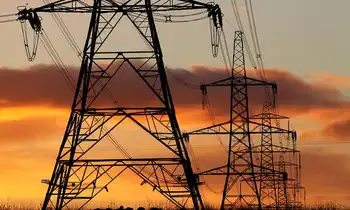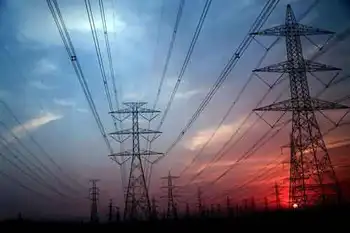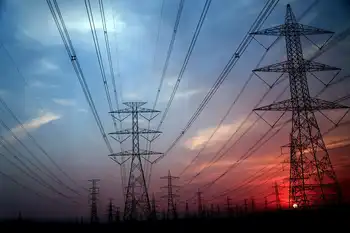EPSA urges Supreme Court to deny Market-Based Rate petition
By Electric Power Supply Association EPSA
NFPA 70e Training
Our customized live online or in‑person group training can be delivered to your staff at your location.

- Live Online
- 6 hours Instructor-led
- Group Training Available
The case is Public Citizen, Inc., v. Federal Energy Regulatory Commission and involves FERC Order 697 issued in 2007 to improve market-based rate regulations. EPSA is joined on the brief by PPL Corporation, a fellow respondent in the case.
EPSA's brief argues that, "The Court should deny the petition for at least three reasons. First, no decision of this Court or any court of appeals conflicts with the lower court's holding that the Commission's market-based rate regime comports with the requirements of the Federal Power Act. Second, the court of appeals correctly held that the Commission's market-based rate regime does not violate any statutory requirement."
"In fact, Congress ratified the regime when it enacted the Energy Policy Act of 2005, Pub. L. No. 109-58, 119 Stat. 594, which includes multiple provisions that would make no sense if, as petitioners contend, the Commission lacked authority to approve market-based rate tariffs. Third, denying the petition would not raise any issues of exceptional importance."
"In contrast, granting the relief petitioners seek could have devastating consequences for the nationÂ’s energy markets and the consumers who rely on those markets."
EPSA's brief concludes by stating that, "Any decision that accepts petitioners' suggestion that the CommissionÂ’s market-based program is per se unlawful under the Federal Power Act would jeopardize these markets and set the stage for crisis. Even if one could ignore the billions of dollars in benefits that would be lost from a retreat from a competitive, market-based regime, there is no ignoring the substantial costs that such a retreat would impose on consumers."
"Moreover, thousands of market participants have built power plants, made other investments and ordered their affairs based on the pro-competitive policies that the Commission has implemented over the last two decades, which have been consistently upheld by courts, and which Congress affirmed in the 2005 legislation."
EPSA President and CEO John E. Shelk said, "EPSA is pleased to support FERC's important work in this area as it has done in the past, including before the Ninth Circuit. As EPSA's brief documents in detail, every court that has considered the question has concluded that FERC is acting within its authority under the Federal Power Act. Wholesale power markets provide tangible benefits to consumers, the economy and the environment. EPSA is hopeful that the U.S. Supreme Court will not inject costly uncertainty into the nation's electricity equation at this critical time by granting the petitioners' petition for review in this case."











